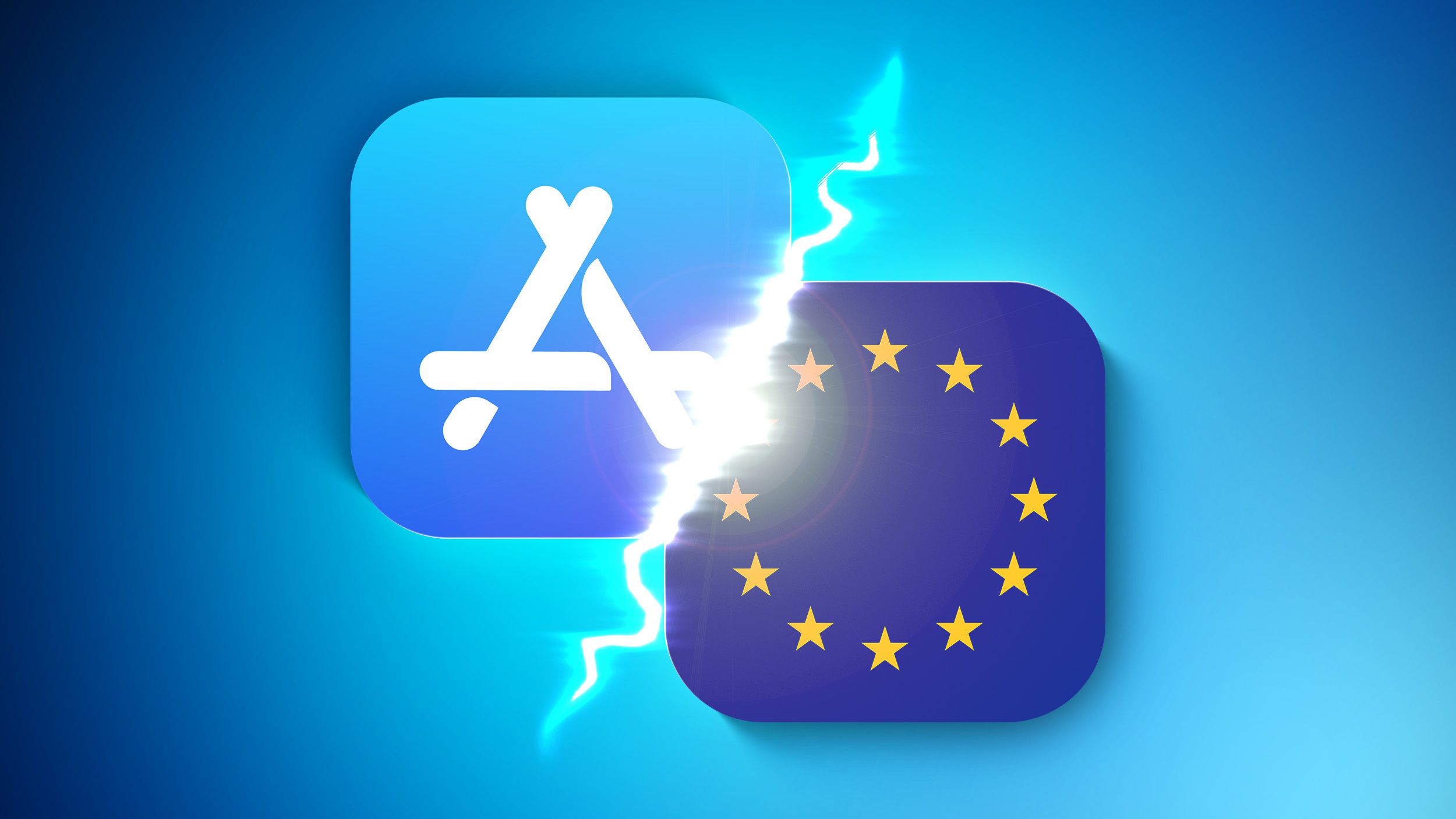Just because Apple is less harmful than Google doesn’t make Apple not harmful, and for the most part it will be easier to verify that Apple’s kind of evil has been stopped than Google’s.It amazes me that those of you distrust Apple so much, but also love their products so much that you'd rather make the products worse than switch to a competitor.
Unfortunately neither the DMA nor the recent Japanese law actually solves the problem.




